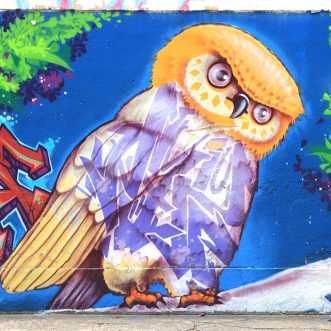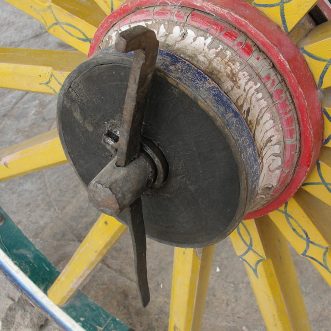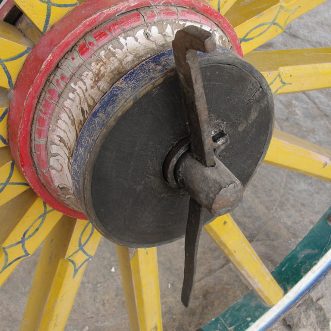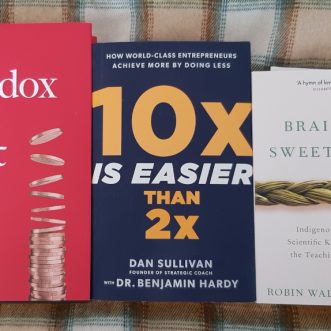September 6, 2023
If you’re lucky, you start your business with someone else, or maybe even as a trio.
Two heads, three heads are better than one.
Being a co-Boss helps you share the hard work of getting going, gives you a sounding board for ideas, and brings additional valuable resources to the business – whether that’s talents, time or even money.
But good things do come to an end, often perfectly amicably. People grow, their circumstances change, their talents call them to new things.
That’s fine, if people need to move on, they need to move on.
The problem lies with what they take with them, locked inside their heads, no longer accessible to the business they’ve left.
Perhaps they were the operations person, who just made everything work. Perhaps they were the sales wizard, effortlessly charming clients aboard. Or the finance pilot, keeping a firm hand on the money tiller. Or perhaps they were the ideas person, driving the forward movement of the business.
Obviously, if you’d known this was going to happen, you’d have found a way to pull all that accumulated know-how out of their heads before they went. But if not, how do you reconstruct that missing part?
The good news is that although what your co-Boss knew is still inside their head, it’s actually also inside the heads of everyone else in the business, and, crucially, inside the heads of your clients.
It may not be written down, but it is there, and can be re-constructed into an explicit Promise of Value, along with the Customer Experience Score that follows from that, turning buried knowledge into a practical, usable, evolvable asset.
Only, once you’ve dug it up, don’t keep it to yourself. Share it with everyone in the business. Then share the work of living it so everyone can become your co-Boss.
Because many heads are always better than one.
Discipline makes Daring possible.
Even if a Boss has already disappeared.
Ask me how.









